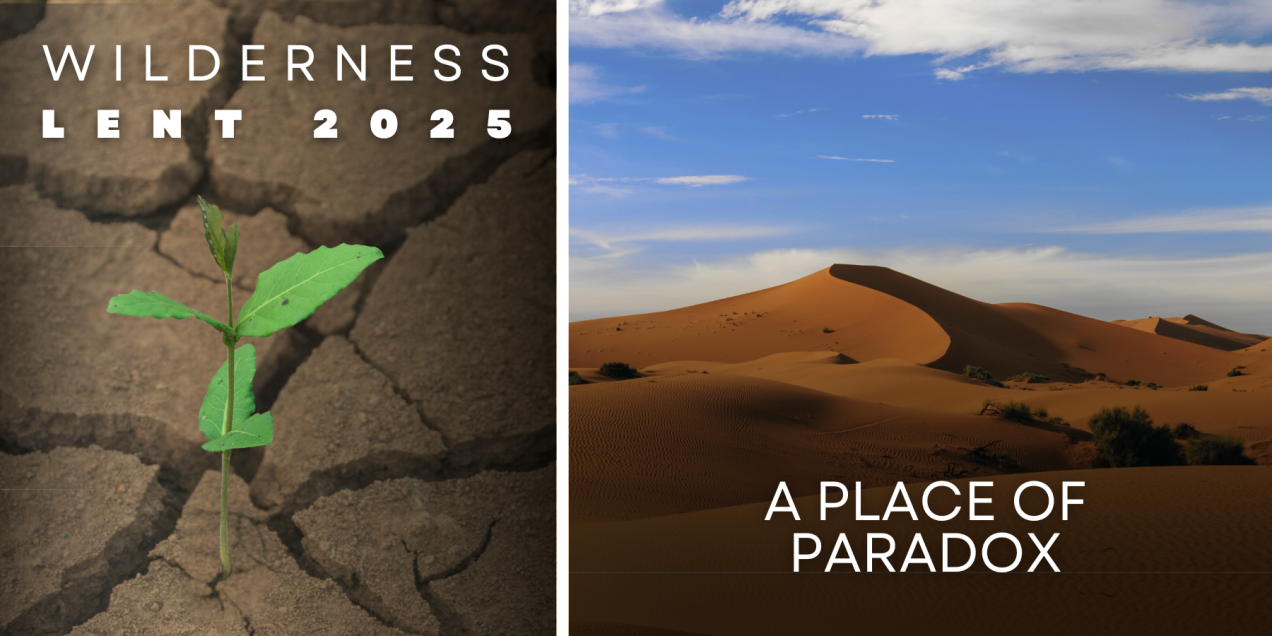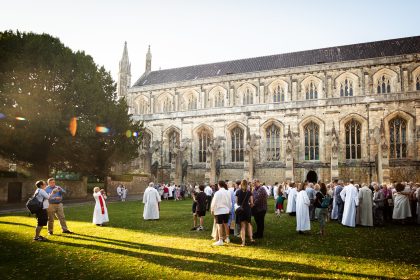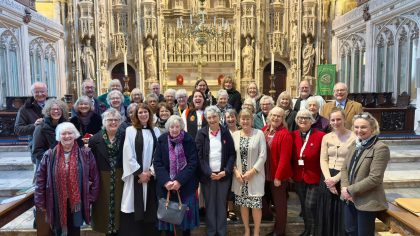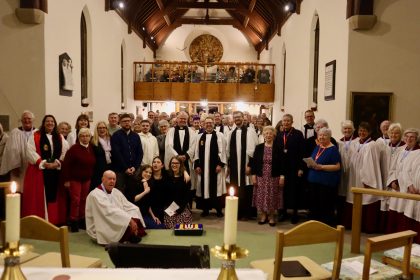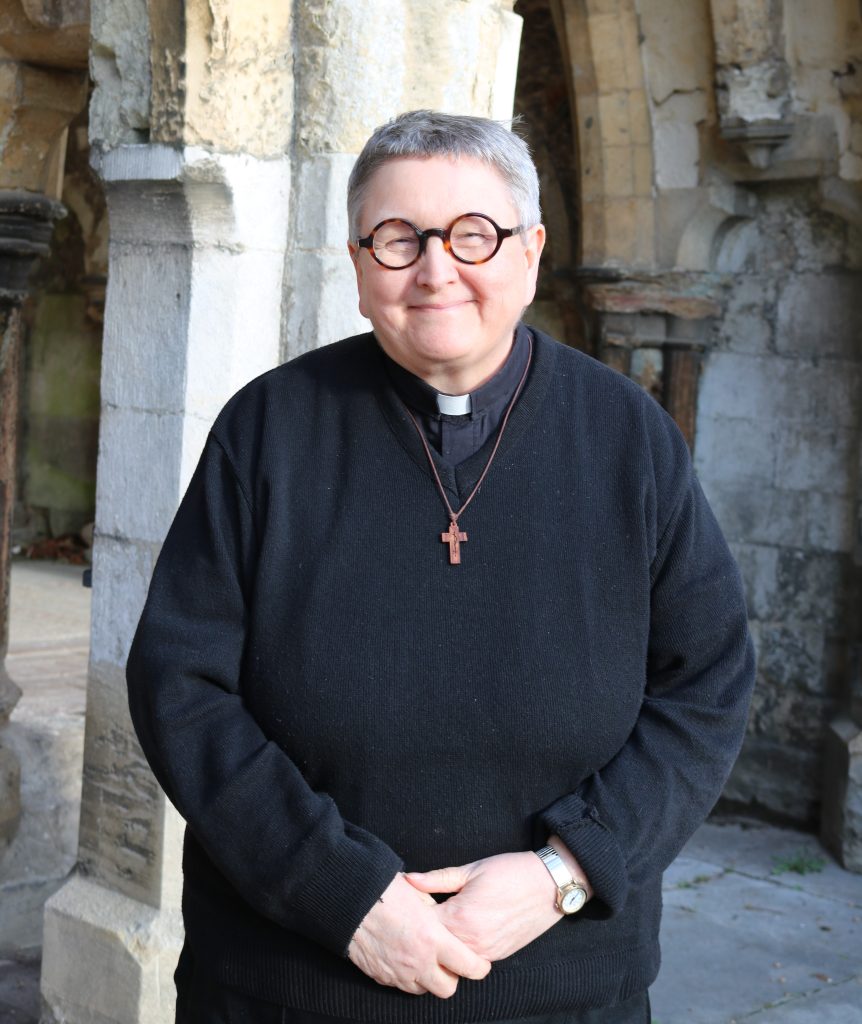
Today’s Lenten reflection was written by Revd Canon Professor Liz Stuart, an Associate Tutor within the Licensed Ministry Training programme.
The wilderness or desert exercised a powerful pull on many Christians from the third century onwards. What was it that attracted many men and women to leave their lives in the cities and head to the desert areas of Egypt and Syria? The answer to that is a complex web of connection and disconnection. The overriding desire of those early ascetics was to connect with God and to do what they felt that they had to disconnect from the noise, distractions, relationships, and preoccupations of urban life, to find a space of silence where they could seek and hear God’s word. There were other reasons too.
As persecution began to end and the opportunity to face the prospect of martyrdom as the ultimate test of faith began to fade, the flight to the desert became a substitute. The wilderness was understood as a place of paradox, the place where it was possible to encounter God but also a space occupied by demons, a site of spiritual warfare as Jesus’ encounter with Satan in the wilderness had shown. So, it became the place to test the mettle of a person’s faith.
Out they went, these men and women, in ever increasing numbers. The deserts became heavily populated by them and by the people who travelled to consult them to hear their wisdom. St Simeon Stylites famously had to take to living atop a pole for thirty-six years in Syria to get away from his spiritual fans. The ascetics certainly found demons to contend with, but it often turned out to be their own desires and preoccupations which threatened to tear them away from God. Particularly dangerous was the so-called Noonday Demon or acedia, a mixture of boredom, restlessness, inertia, and loneliness.
They went in search of solitude but found themselves surrounded by others. They went to find silence but found themselves bored, distracted and hassled by the screeching of demons which often turned out to be parts of themselves. They wanted to be heroes of the faith but found themselves struggling to stay focused. Yet the desert mothers and fathers remained because they believed the wilderness was a space that provided them with the best chance of experiencing the profound inner silence where God’s voice could be heard.
What does the wilderness experience of the early ascetics have to teach us? First, the spiritual life is arduous work. There is absolutely nothing romantic about it. It is often boring and lonely, and it involves a lot of wrestling with our own selves. Second, we cannot run away from other people or our obligations towards them as our neighbours. And third, we nevertheless need wilderness places in our own lives, spaces where we allow ourselves to experience all this intentionally so that somehow by plodding our way through it, we taste something of that inner peace, that deep silence where God dwells and speaks to us most profoundly. Every year the Church provides us with such a space, and it is called Lent.

